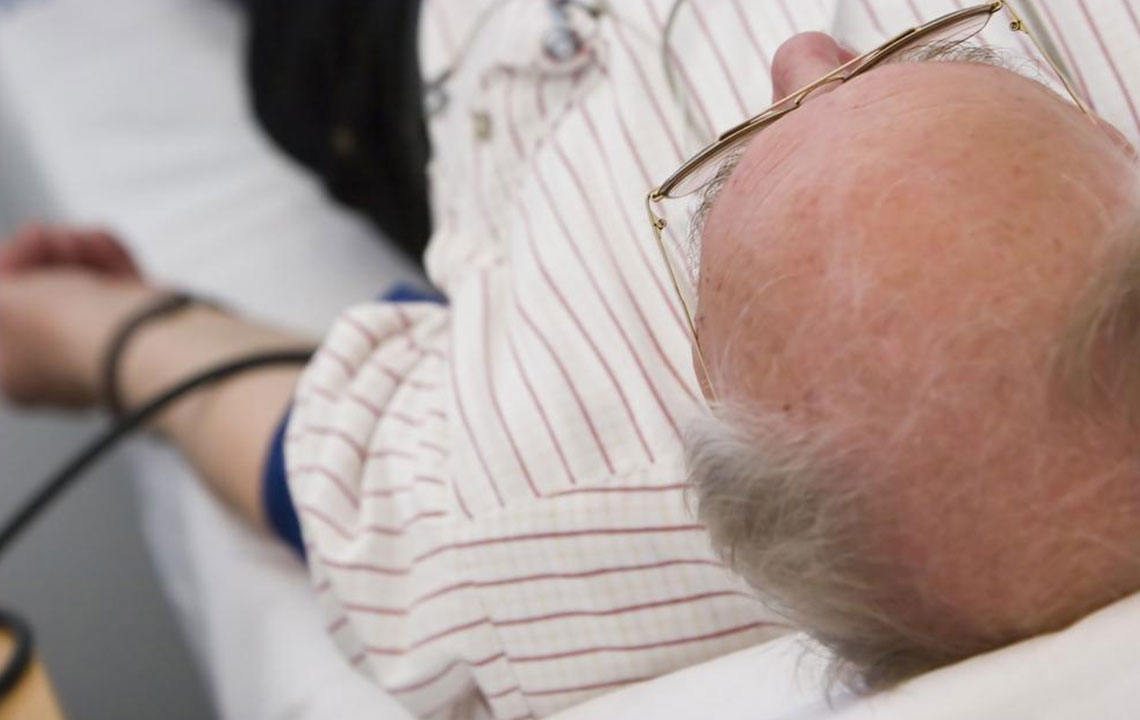Complete Overview of Managing IBS Treatment and Medications
This comprehensive guide covers managing IBS through lifestyle changes and medications. It highlights dietary adjustments to reduce symptoms, including limiting gas-producing foods and gluten. The article discusses medication options such as anti-diarrheals, fiber supplements, antispasmodics, antidepressants, and antibiotics. For severe cases, drugs like Alosetron and Lubiprostone are explored. Always consult healthcare professionals before starting treatment. The article aims to educate readers on IBS management strategies for better health and symptom relief.

Exploring Options for Managing Irritable Bowel Syndrome
The precise cause of irritable bowel syndrome (IBS) remains unknown, but treatment typically focuses on relieving symptoms and improving quality of life. Mild cases often respond well to lifestyle changes such as managing stress, adjusting diet, increasing physical activity, staying well-hydrated, and ensuring sufficient sleep. Medications are usually reserved for more severe symptoms. Dietary modifications, including lowering intake of gas-producing foods, removing gluten, and reducing FODMAPs, can significantly ease discomfort. For persistent or intense symptoms, healthcare providers may prescribe drugs like antispasmodics, laxatives, antidepressants, or antibiotics tailored to specific IBS symptoms.
Dietary Strategies
Reduce gas-forming foods: Cut back on certain vegetables, raw fruits, and fizzy drinks if bloating or gas is an issue.
Eliminate gluten: Some individuals notice symptom improvement when gluten-containing foods like wheat, barley, and rye are avoided.
Limit FODMAPs: Reducing specific fermentable carbohydrates found in dairy, fruits, vegetables, and grains can help alleviate symptoms.
Medication Approaches
Anti-diarrheal options: OTC medicines such as loperamide and bile acid binders can control diarrhea but should be used under medical supervision.
Fiber supplements: Supplements like Citrucel and Metamucil, taken with water, assist in relieving constipation more effectively than dietary fiber alone. If ineffective, doctors may recommend osmotic laxatives.
Spasm-relief drugs: Antispasmodics like Levsin and Bentyl help relax bowel muscles but require proper dosing to prevent side effects such as constipation or urinary issues, especially in patients with glaucoma.
Antidepressants: Low-dose tricyclic antidepressants or SSRIs can reduce pain and depression symptoms associated with IBS, with attention to potential side effects.
Bacterial overgrowth treatment: Antibiotics like Rifaximin can reduce diarrhea caused by bacterial overgrowth in the gut.
Stress management: Psychological counseling can help handle stress, which may lessen IBS severity, particularly in depressed individuals.
Medications for Advanced Cases
Alosetron: Primarily prescribed for women with severe diarrhea-predominant IBS when other treatments are ineffective; it relaxes the colon but requires careful monitoring due to possible serious side effects.
Amitiza and Lubiprostone: These drugs enhance intestinal fluid secretion, mainly for adult women with chronic constipation, although their effectiveness in men is not well established. Side effects may include abdominal pain, nausea, and diarrhea.
Note: This article offers informational insights but does not replace professional medical advice. Always consult a healthcare provider for personalized treatment plans. The content provided is educational and may not include the latest updates or all available options.


